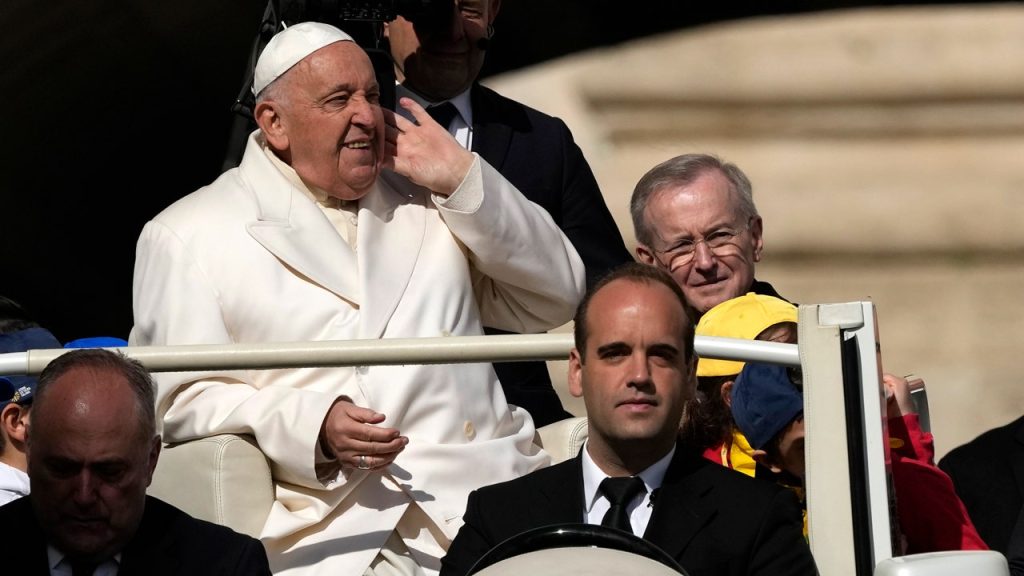Pope Francis has accepted an invitation to attend the G7 Summit in Puglia in June, where he will participate in a session devoted to artificial intelligence. The Italian Prime Minister Giorgia Meloni, who currently heads the G7, announced the news, stating that Francis will be the first pontiff to attend a G7 summit. Meloni believes that the presence of His Holiness will be crucial in defining a regulatory, ethical, and cultural framework for artificial intelligence. This aligns with Francis’ call for an international treaty to ensure AI is developed and used ethically, as well as his dedication of his annual peace message to the topic.
Artificial intelligence has gained global attention due to advancements by cutting-edge systems such as OpenAI’s ChatGPT. While this technology has demonstrated impressive capabilities, concerns have been raised regarding its potential risks to jobs, privacy, copyright protection, and even human life. The Vatican’s bioethics think tank, the Pontifical Academy for Life, has been leading a campaign to engage big tech corporations, academic institutions, and non-governmental organizations in upholding ethical standards in the development and use of AI. Cisco Systems recently became the latest signatory to this initiative, highlighting the increasing focus on ethics in AI development.
At the G7 foreign ministers’ meeting in Capri, Italy, held last weekend, ministers acknowledged the importance of advancing efforts to ensure safe, secure, and trustworthy AI that is human-centric and human rights-based. The risks to cybersecurity posed by AI were flagged, emphasizing the need to prioritize ethical considerations in the development and use of this technology. Pope Francis’ participation in the upcoming G7 Summit session on artificial intelligence is expected to contribute significantly to discussions surrounding the creation of an ethical framework for AI development and implementation.
The Vatican’s stance on AI is clear, with a focus on ensuring that technological advancements are aligned with ethical principles and respect for human dignity. This approach is evident in the efforts of the Pontifical Academy for Life to engage various stakeholders in upholding ethical standards in AI development and use. By calling for an international treaty to govern AI, Pope Francis is advocating for a global commitment to ensuring that this technology is used in a responsible and ethical manner. His presence at the G7 Summit in June will provide a unique opportunity to further advance discussions on the ethical implications of artificial intelligence.
As artificial intelligence continues to advance rapidly, concerns surrounding its impact on various aspects of society, including privacy, security, and employment, are growing. The Vatican’s involvement in promoting ethical standards in AI development reflects a broader recognition of the need to address these concerns and ensure that technological progress is guided by ethical considerations. By engaging with tech companies, academic institutions, and NGOs, the Vatican is working to establish a set of ethical guidelines that will shape the future of AI development and use. Pope Francis’ attendance at the G7 Summit session on AI is a testament to the importance of addressing these ethical considerations at the highest levels of global governance.


